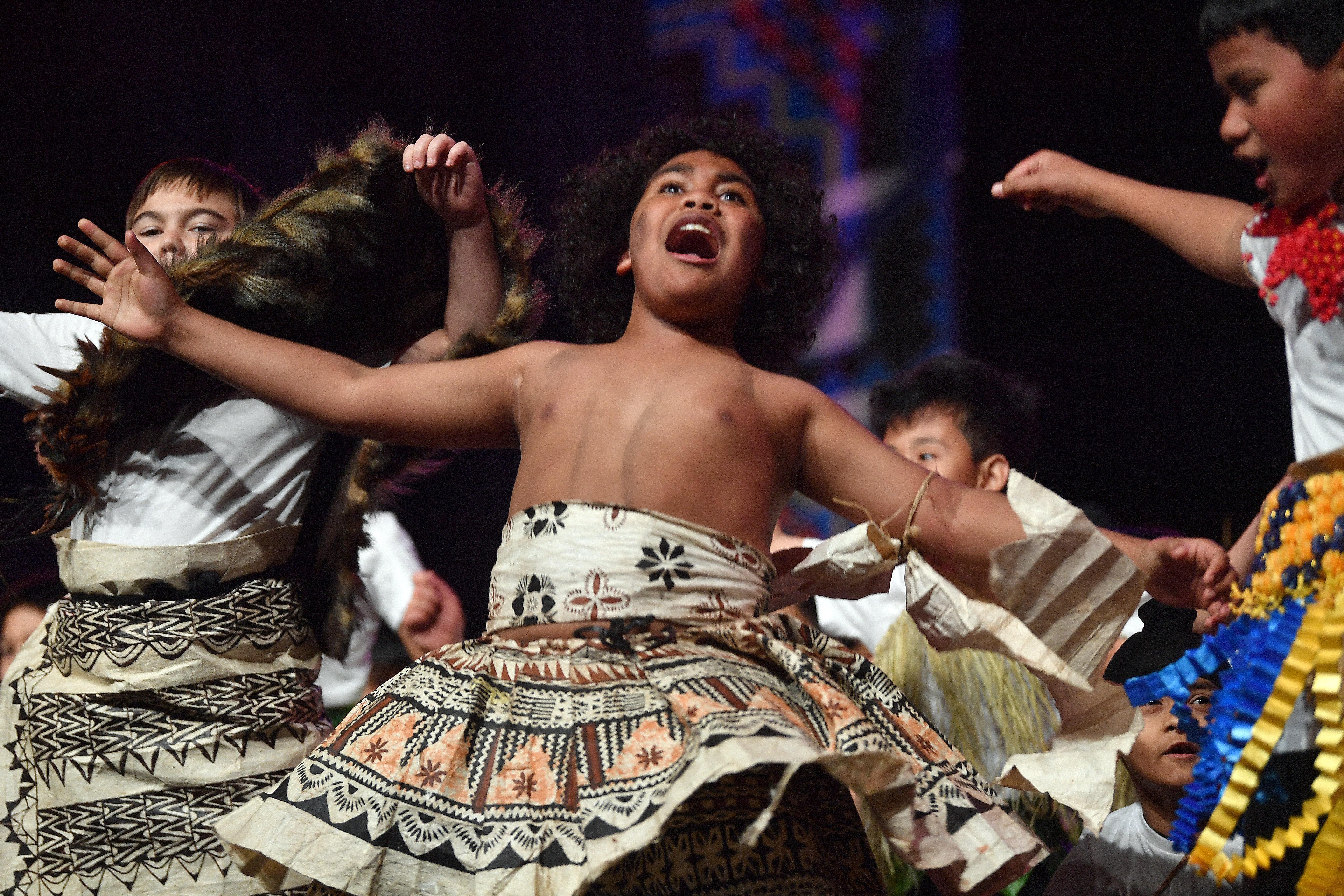
Most importantly, especially for those who grump and grumble about culture and language, it is an opportunity to understand how tamariki and rangatahi from every background are embracing their identity as New Zealanders.
Eleven thousand children are performing this week from across the Otago region. And they are not alone. Their schoolmates, teachers, parents, and grandparents will all be there to cheer on their performances, take shaky videos, and applaud their awkward, nervous, and ultimately very proud tamariki.
For the tamariki who attend it is far more than a performance; it is a profound educational experience that expresses and shapes identity, character, and understanding of the value of their culture in our country.
Polyfest, now in its 32nd year, has been described as a "giant, open classroom" for cultural empathy and social cohesion. For tamariki who do not whakapapa Māori or Pasifika, participating is an immersion in the diverse cultures that form the fabric of Aotearoa New Zealand. It has become is a powerful catalyst for cultural connection and pride, embracing your whakapapa, whatever its source.
The months of preparation and practice involve learning waiata from multiple cultures and in multiple languages. The tamariki are sharing their cultural heritages with their peers in a natural process of cultural exchange.
This is not passive learning. Tamariki want to share their lives, language, and culture with each other. As carriers of their culture, the process of sharing instils a deep sense of belonging and self-worth, countering feelings of alienation and building confidence that radiates.
Participating in Polyfest is also a masterclass in teamwork, leadership, discipline, and commitment. Tamariki learn to work cohesively towards the common goal of upholding the mana of their kura and community.
A rigorous schedule teaches punctuality, resilience, and personal responsibility. For many, it is their first experience dedicating themselves to a project of significant scale and emotional weight — one that is not about winning, but about collective pride. Performing teaches them about excellence, perseverance, and the rewards of hard work — lessons directly transferable to the classroom and their future.
The experience breaks down barriers, challenges stereotypes, and fosters a genuine appreciation and respect for difference. It normalises diversity and teaches that our national identity is not a single story, but a rich, woven whāriki (mat) of many vibrant threads.
This is the education that too many New Zealanders have missed out on. This is education that encourages everyone to value difference without prejudice against any particular language or culture.
It is the education that is needed to avoid the racism that we see in language policy in education here at home and the awful violence that we witnessed in Australia this week.
The neo-Nazi attack on Camp Sovereignty in Melbourne was shocking. The attack, supposedly against immigration policy, was clearly just violent racism directed at anyone of colour, including indigenous communities.
When we attend Polyfest it is to celebrate our tamariki because we are proud of their skills and commitment and because we love to watch them have fun with their friends. I can’t imagine that any of us want our tamariki or our mokopuna to witness racism and violence, let alone engage in it.
We don’t want our tamariki in 10 years’ time marching about in black shirts and boots harassing and screaming at other New Zealanders. That is not the country we want to live in and certainly not the country we want our tamariki being raised in.
This means we have to take responsibility for our own cultural education so that we foster the same cultural empathy and social cohesion that our tamariki are leading.
Polyfest offers more than a cultural performance. It contributes an antidote to the bigotry and racism we see here and in other countries. Tamariki are leading us on a journey of cultural connection. They look to us to live those values and to be active champions for understanding and mutual respect.
Go and check out Polyfest today. It will make you so proud to be a New Zealander.
■ Metiria Stanton Turei is a senior law lecturer at the University of Otago and a former Green Party MP and co-leader.












